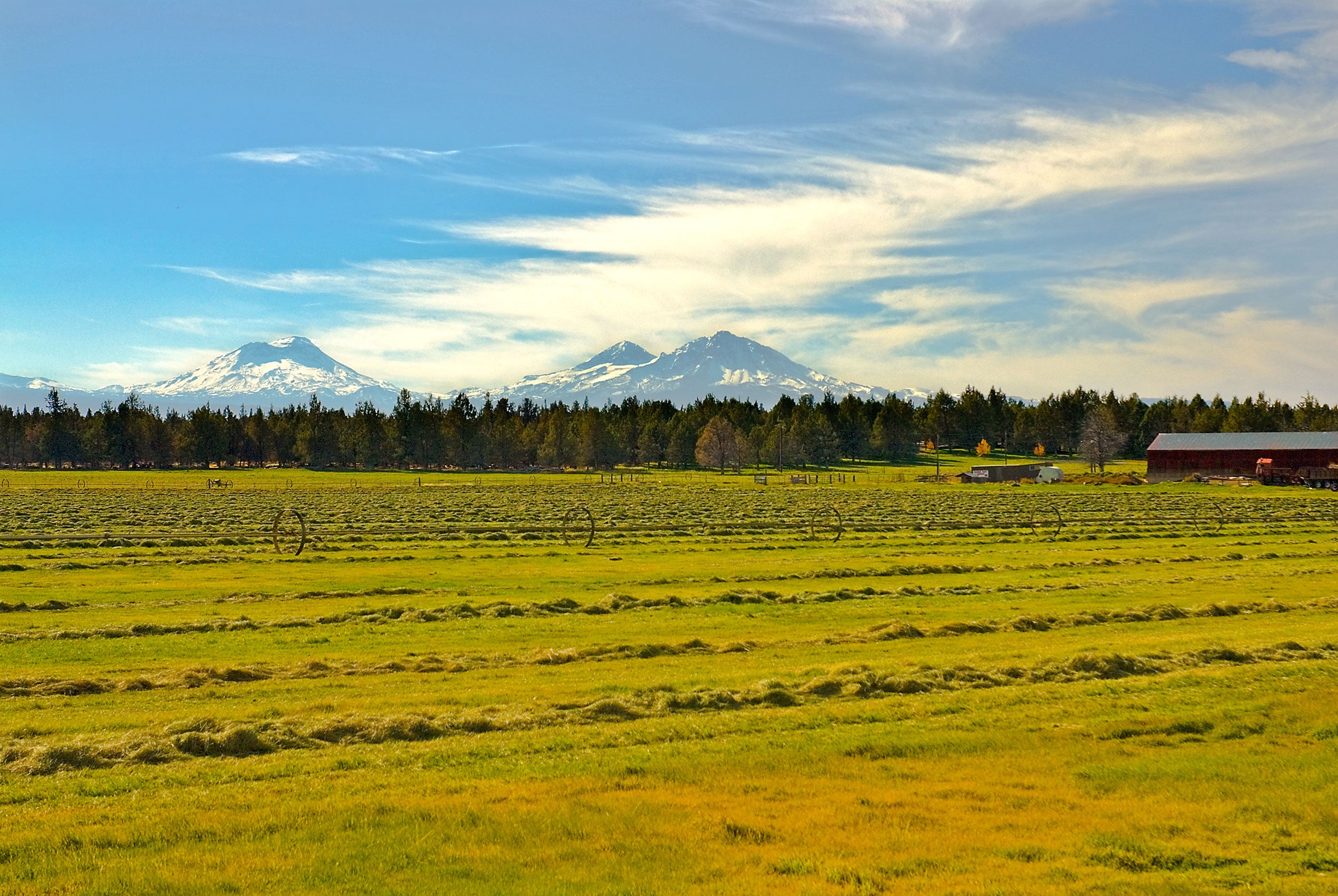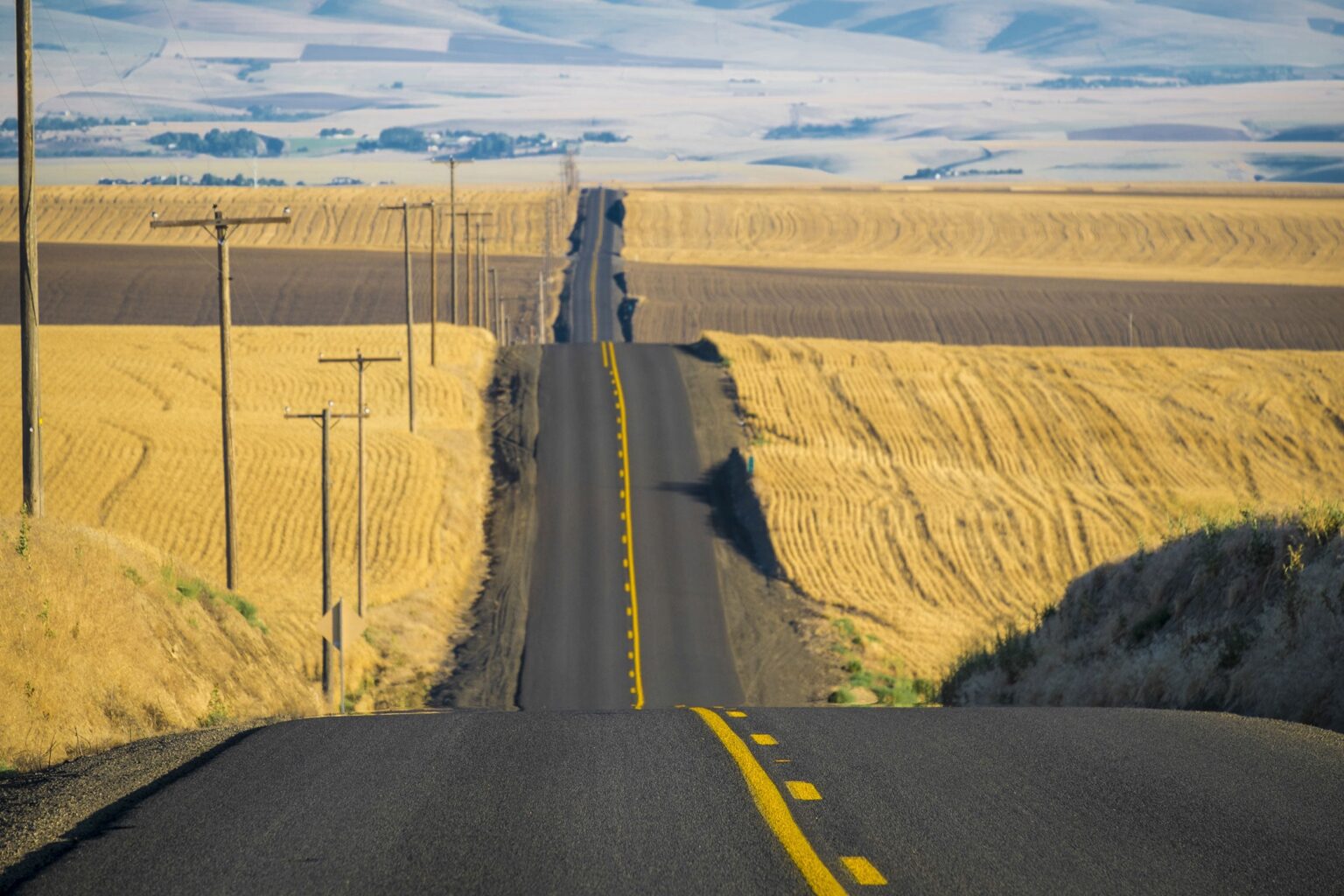Some time back, I read a widely circulated piece calling for a new era of American abundance — one where we fix what’s broken in housing, energy, and infrastructure. It offered a vision rooted in optimism and reform, and I don’t doubt the sincerity behind it. But like many such visions, it focused on urban renewal and assumed rural America would follow suit if the cities just got their act together.
That assumption misses something big.
Because for all the talk about economic growth and opportunity, very few of these pieces stop to ask the obvious question: Why do people stay in rural places when the numbers don’t always add up?
I’ve spent much of my life farming, building businesses, and working in rural communities across 17 countries. I’ve also taught at the university level, written policy, and worked with government and international development agencies. And I’ve seen firsthand what gets overlooked when we talk about poverty and success as if they’re defined only by income or credentials.
Out here, wealth looks different.

I live in a part of northeast Oregon that most maps would call remote. I’ve got clean air and a river full of fish 10 minutes from my front door. I can walk through the hills and not see a soul — but I’ll likely spot elk, deer, maybe even a bear. On the drive into town, I’ll pass wheat fields that shimmer in the wind like waves on the ocean. That’s not poverty. That’s a full life.
In town, I’ll stop at the parts store and catch up with the owner, who knows not just my name but what equipment I’ve got and what’s likely to break next. I walk into the bank and nobody asks for ID. At the hardware store, I’m bound to see someone I know. And if a storm takes out the power, I don’t call for help — I get a knock at the door from a neighbor who’s already checking in.
That’s wealth too.
We’ve got kids who’ll mow lawns or buck hay for a few dollars. We swap labor instead of invoices. We cook more meals at home than we eat out, not because we’re nostalgic but because that’s what makes sense — and because a hot meal at the table still means something. When someone’s barn catches fire or a tractor flips in a ditch, help arrives before the smoke clears or the oil cools.
No, we’re not all rolling in cash. Many of us live in old houses and drive pickups with more dents than paint. But our freezers are full. Our neighbors show up when it counts. We know how to fix things. We still measure value in relationships and self-reliance more than square footage or salary.
Yes, more jobs would help. Better healthcare access would be a blessing. More options for education, trades, and broadband? Absolutely. But here’s the thing: We’re not going to give up everything that fills our lives just to chase a paycheck. That trade isn’t worth it.
We’re not staying because we’re stuck. We’re staying because we know what we have — and we’re not willing to lose it in exchange for something that looks better on paper but emptier in real life.
That’s what gets missed in the national conversation. When policymakers or pundits talk about rural poverty, they often reach for charts and census data. They talk about how to “bring rural America along.” But they rarely stop to ask rural people what they actually value. They don’t see the quiet rhythms that make life meaningful here: the slow conversation in the middle of a gravel road, the smell of cut hay, the comfort of knowing who’ll come when your cattle get out at 2 a.m.
Those things don’t show up in GDP. They don’t get factored into median income. But they matter. A lot.
So let’s be honest: Yes, money is useful. Economic opportunity is important. We’d like to see investment and jobs and infrastructure. But we want them in a way that respects what’s already working. We’re not interested in becoming a mirror of the cities. We don’t want to be “saved” by outsiders who don’t understand the culture. We want to be supported, not overwritten.
I’ve worked with development projects around the world. The good ones don’t start with a blueprint — they start by asking, “What do you already have, and what do you need help with?” That’s how you build trust. That’s how you build anything that lasts.
Here at home, we could use a bit more of that. Fewer lectures. More listening. Fewer assumptions. More questions. Less emphasis on what’s missing. More attention to what’s holding people together.
Because if you only measure wealth by income, you’re going to get a very partial picture. If you measure it by capacity, trust, and resilience — by how many people know how to run a chainsaw, pull a calf, fix a leaky pipe, or feed a neighbor — you might realize that rural America isn’t impoverished.
It’s just living by a different standard.
So yes, come out and visit. Bring your questions. Stay for supper. Help mend a fence or load a trailer. You might find the world you thought needed saving has something to teach you instead.
And if you stay long enough, someone might just hand you a slice of pie. That’s not charity. That’s how we say welcome.
Ben Henson is a lifelong farmer and international agricultural consultant with over 30 years of experience in the U.S. and Africa. He currently splits his time between a hay and cattle farm in Oregon and a climate-smart agriculture initiative in Rwanda.


